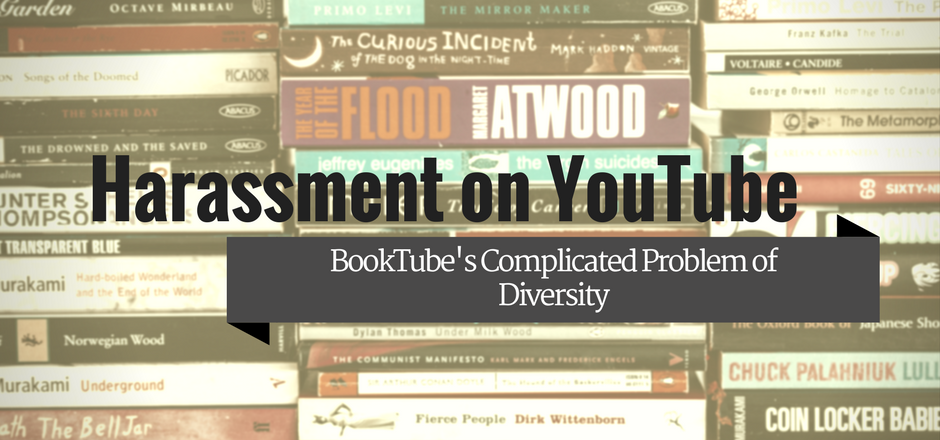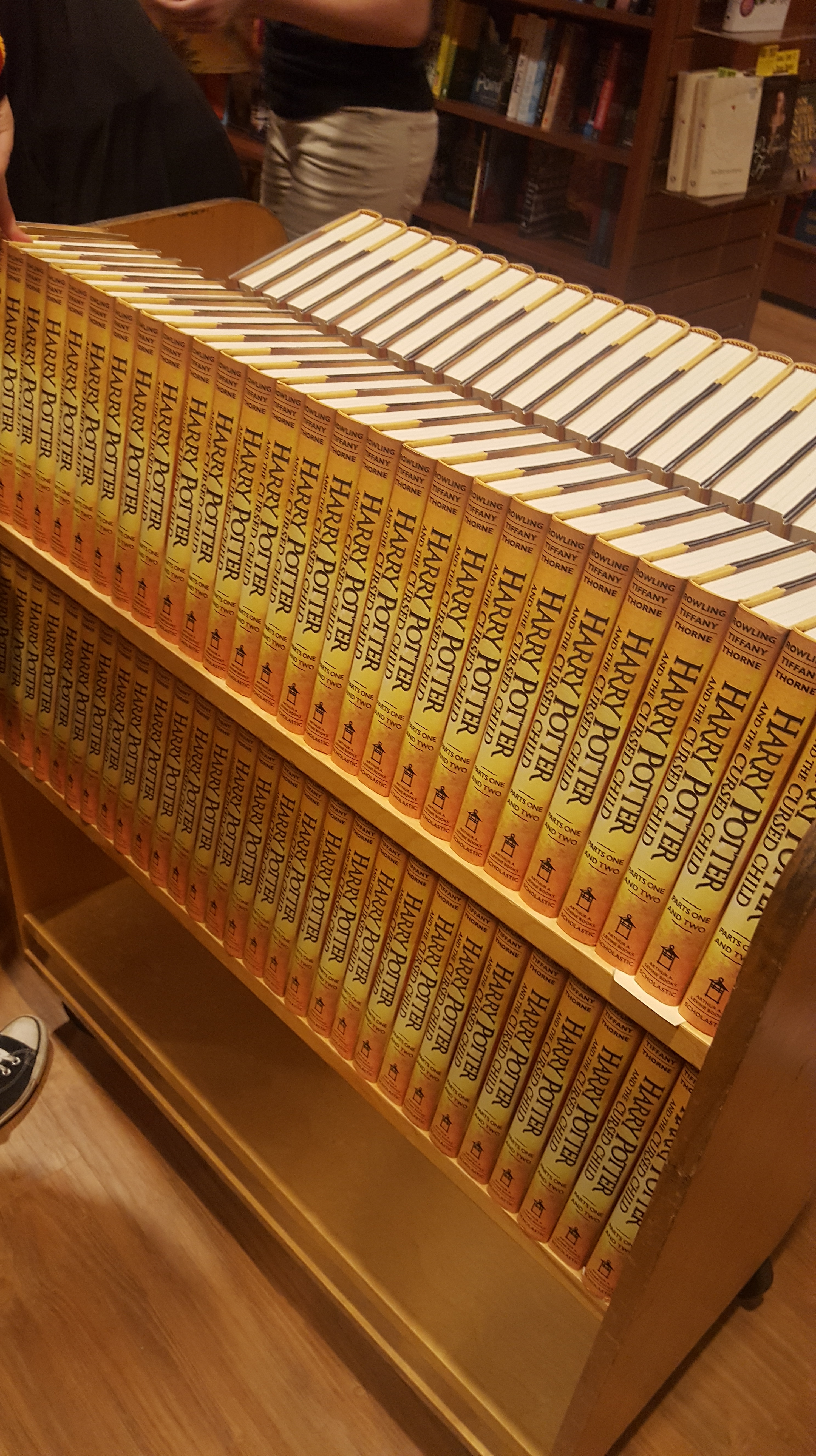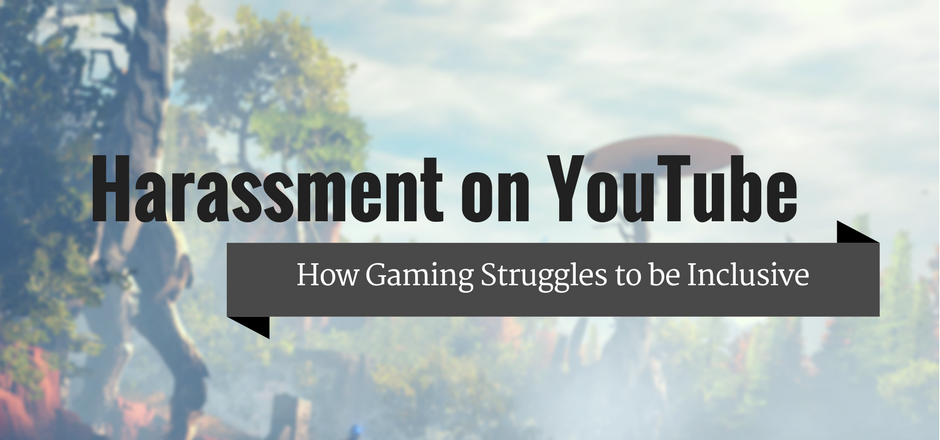Ah, November. A time for turkey, cute sweaters, pumpkin spice lattes, and that teeny tiny pseudo-masochistic event called NaNoWriMo. For those of you who may not be big into writing, NaNoWriMo stands for National Novel Writing Month and takes place every year throughout the month of November. The objective is simple, if not crazy: in 30 days, write 50,000 words—basically, the minimum word count for most manuscripts. Though there are write-ins throughout the country, the challenge is hosted online where participants can maintain a writing profile, update their word count, and talk to other writers over forums. This year will be the fifth year I’ve participated.
Even from its creation, NaNoWriMo attracted a large geek culture crowd, with sci-fi and fantasy writers flocking to participate. Chris Baty, founder of the event, says that the turnout was never a surprise: “There’s always been a huge contingent of scifi writers that have done NaNoWriMo and they were really some of the earliest adopters. I think because the science fiction reading community has already had so many great online resources so they were already in some ways gathered together on message boards and websites and blogs.”
For our community, connecting through NaNoWriMo’s website was comfortable, almost second nature—especially if you were already spending a lot of time writing online. And honestly, the community is what makes participating in NaNoWriMo so appealing. Here you have thousands of writers going through the exact same thing you’re going through, and won’t judge you for gross sobbing over your laptop. It’s motivating.
But just because we have an extensive support system doesn’t make it any easier on us. If anything, forgoing the contemporary in favor of the fantastical makes writing more difficult. As if 50,000 words wasn’t hard enough, let’s throw building an entire world from the page up on top of that.
But we’re fantasy and sci-fi writers: making up worlds is how we approach reality. It’s just what we do. It’s what we love to do. It’s also what we love to use as an excuse for failing to move forward with our stories.
Which is precisely why I think NaNoWriMo is an especially important exercise for us. It’s easy—too easy—to get bogged down by the idea that this draft has to be perfect, the details right and the world complete. That’s the beauty of participating; with a daily word target to reach, we don’t have time to slow down and think about the accuracy of our writing. It gives us an excuse to forgive ourselves for lack of planning or research. Oh, your space ship’s engine shuts down and you can’t explain why? Maybe your characters can’t either. Don’t know how to forge a sword? Say it came from heat and hammer and be done with it. Those dinosaurs your mad scientist brought back to life? Jurassic Park taught you the basics of genetics anyway, you can become a subject matter expert on reviving extinct species in December.
The bottom line is that NaNoWriMo doesn’t favor the ones who stop to research, it favors those who chose to make story the priority. Because as much as we love diving into new worlds, without a solid story we get lost. Better yet, without a completed story we can’t venture anywhere at all.
Now, that’s not to say that a bit of planning for your world isn’t good. No, on the contrary, I think a lot of planning is absolutely necessary if you want to avoid having a mental breakdown by the second week of November. After all, historical or scientific accuracy is the foundation for any believable fantasy or sci-fi novel, and it’s hard to forget that when you want your writing to be good.
But NaNoWriMo isn’t about good writing. It’s not about where your manuscript takes place or how your new technology works or your monarchy or even how your characters can use magic. It’s about finishing it. All of it. It’s about plowing through the excuses for thirty days and finally committing to your story, not just the world it takes place in. There will always be time to flesh it out later.
Emily London is a graduate student studying publishing at Rosemont College and holds a degree in creative writing from the University of Wisconsin. In her free time, she writes YA fantasy novels and obsesses over all things Pokemon.
![[GUEST] Forget the Perfect Draft: Forging Through NaNoWriMo for Fantasy & Sci-Fi Writers](https://girlsincapes.com/wp-content/uploads/2013/11/Shield-Nano-Side-Blue-Brown-RGB-HiRes.png)





